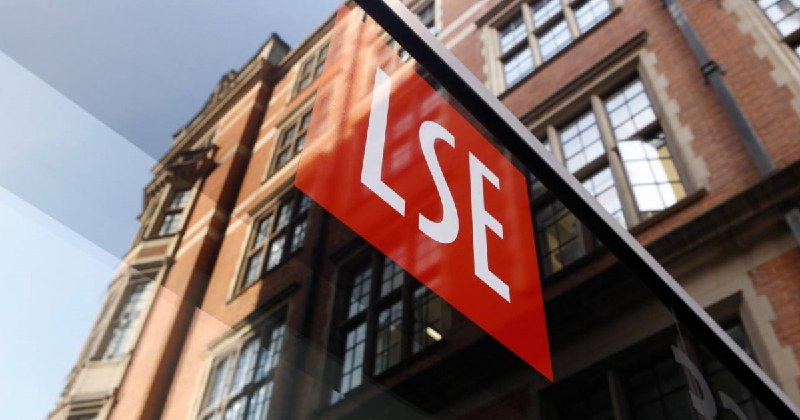group-telegram.com/iiacenglish/1098
Last Update:
Streamed live on Feb 3, 2025 #Sustainability #London #Events
We have entered a new era of increasing ecological scarcity and rising global environmental risks - global warming, land use change and biodiversity loss, freshwater scarcity, and deteriorating oceans and coasts.
Drawing on his book, Scarcity and Frontiers, Edward Barbier argues that how economies choose to exploit natural resources is critical to both their sustainability and prosperity. In past eras, a critical driving force behind global economic development has been the response of society to the scarcity of key natural resources. By raising the cost of exploitation and use, scarcity creates incentives to innovate and substitute. However, economies also avoid scarcity by obtaining and developing new ‘frontiers’ of vital resources. How these two responses play out often determines which economies emerge as leaders.
In the present era, rising ecological scarcity and global environmental risks are a defining turning point for all economies, but especially those that are vying to win the “green competitive race” for leading global sectors and markets. The outcome of this race will define how innovation and productivity unfolds over the coming decades as well as whether economies will become more environmentally sustainable.
Speakers:
Professor Edward B Barbier
Chair:
Professor Larry Kramer
#Sustainability #Events #London
Full details/attend: https://www.lse.ac.uk/Events/2025/02/...
To turn on captions, go to the bottom-right of the video player and click the icon. Please note that this feature uses Automatic Speech Recognition (ASR) technology, or machine generated transcription, and is not 100% accurate.
Sign up for news about upcoming LSE Events: https://www.lse.ac.uk/Events/signup
BY برگزیده فایلهای فرهنگی و علوم انسانی-اجتماعی به زبان انگلیسی

Share with your friend now:
group-telegram.com/iiacenglish/1098
